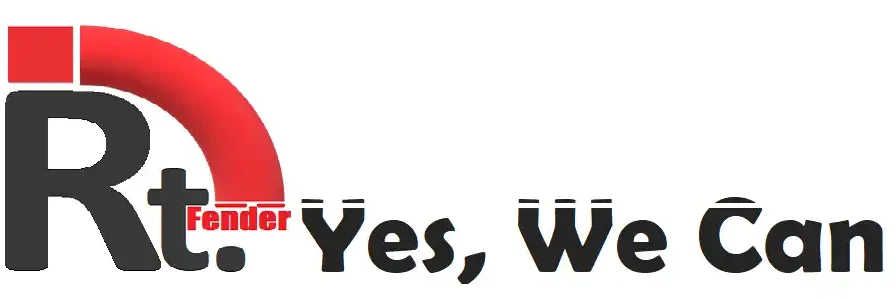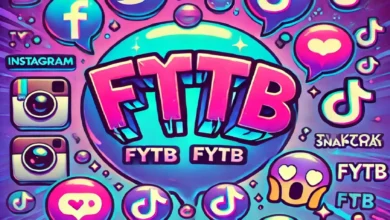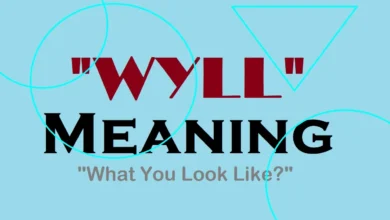
Oh my goodness, what an AI disaster!
When I searched the quote “A True Relationship Is Two Imperfect People Refusi” on Google even on Tymoff’s “social platform” I got a long AI article that explained a love story, so I decided to explain this quote. Basically, it’s an Italian Quote that means “Perfect Love, Imperfect Relationships” and social media users are pitched Tymoff to download pictures related to this quote and sometimes they type “A True Relationship Is Two Imperfect People Refusi – Tymoff” to direct access Tymoff pictorial content so this keyword got a spike on internet. One more reason for this spike is a book by John Welwood – Perfect Love, Imperfect Relationships. Let’s have a look at this book’s content and relate this quote to this.
A True Relationship Is Two Imperfect People Refusi – Tymoff
Love is the experience most sought after by human beings.
Feeling loved and loving others is a basic need, a drive that leads us to establish relationships in which we can live this experience.
In the relationship with the other, we can touch the experience of love: it is the initial bond that gives rise to the relationship itself.
Through each other we are able to open our hearts and experience perfect love: the availability and contact that allows us to be vulnerable and open.
This experience brings us into union with each other and into union with our essential nature: it is perfect love, as John Welwood defines it in his book “Perfect Love, Imperfect Relationships.”
Those who have experienced perfect love have probably also come into contact with its problematic counterpart: imperfect relationships.
Perfect Love, Imperfect Relationships
John Welwood offers us a mature perspective on this topic.
Combining his thirty years of experience as a psychotherapist and his experience in the field of inner research, he provides an accurate description of the issue and offers very useful (and practical) advice and exercises to bring this knowledge into the relationship.
In this review, I present you the fundamental concepts of John Welwood’s approach, which I fully agree with.
One of the book’s central themes is the contrast between our idealized notions of love and the reality of imperfect relationships. Welwood emphasizes the importance of embracing the imperfections inherent in relationships, viewing them as opportunities for growth and transformation rather than sources of frustration or disappointment. He invites readers to cultivate a deeper understanding of themselves and their partners, fostering empathy, compassion, and acceptance in the process.
Welwood draws upon both Eastern and Western psychological traditions, integrating insights from Buddhism, mindfulness practices, and psychotherapy. This interdisciplinary approach enriches the book’s exploration of love and relationships, offering readers a holistic perspective that resonates on both intellectual and emotional levels.
One of the book’s strengths is its accessibility. Welwood’s writing is clear, engaging, and compassionate, making complex psychological concepts understandable and applicable to everyday life. Through personal anecdotes, case studies, and reflective exercises, he invites readers to explore their own relationship patterns and dynamics, empowering them to cultivate more fulfilling connections with themselves and others.
Overall, “Perfect Love, Imperfect Relationships” is a thought-provoking and illuminating read for anyone interested in deepening their understanding of love and relationships. Welwood’s profound insights and practical guidance offer invaluable resources for navigating the complexities of human connection with wisdom, grace, and authenticity.
Exploring the Origin of A True Relationship Is Two Imperfect People Refusi – Tymoff
Originating from Italy, this quote encapsulates a sentiment that transcends geographical boundaries. At its core lies the recognition of imperfection within relationships, juxtaposed against the ideal of perfect love. It acknowledges the inherent flaws and complexities that accompany human interaction, emphasizing authenticity over an unattainable standard of flawlessness.
To delve deeper into the essence of this quote is to confront the paradox inherent in human relationships. It acknowledges that while love may be pure and unconditional, the individuals involved are inherently flawed. It speaks to the resilience required to navigate the rough terrain of interpersonal dynamics, where misunderstandings and shortcomings are inevitable.
Responsibilities of Writers in the AI Age to Combat Fake Content
In an era dominated by artificial intelligence and the rapid dissemination of information, the role of writers has evolved significantly. With the proliferation of fake content posing a threat to the integrity of discourse, writers bear a crucial responsibility in combating this phenomenon. Here, we explore the multifaceted responsibilities writers hold in the AI age to minimize the spread of fake content and uphold the principles of truth and accuracy.
1. Verifying Sources and Information
At the forefront of writers’ responsibilities lies the imperative to verify sources and information rigorously. In an environment where misinformation can spread like wildfire, writers must exercise diligence in corroborating facts and scrutinizing the credibility of their sources. By adhering to rigorous journalistic standards and fact-checking protocols, writers can mitigate the propagation of fake content and uphold the integrity of their work.
2. Cultivating Critical Thinking Skills
In addition to verifying sources, writers must cultivate critical thinking skills both in themselves and their audiences. By fostering a culture of skepticism and discernment, writers can empower readers to question the authenticity of the content they encounter. Through thoughtful analysis and scrutiny, writers can equip individuals with the tools necessary to distinguish between credible information and deceptive propaganda.
3. Ethical Utilization of AI Tools
In the age of AI, writers have unprecedented access to powerful tools that can aid in content creation and analysis. However, with this technological advancement comes a responsibility to utilize AI tools ethically and responsibly. Writers must be cognizant of the potential biases and limitations inherent in AI algorithms, ensuring that they do not inadvertently contribute to the dissemination of fake content or perpetuate harmful stereotypes.
4. Transparency in Content Creation
Transparency is paramount in the fight against fake content. Writers must be transparent about their sources, methodologies, and potential conflicts of interest, enabling readers to assess the credibility of the information presented. By fostering a culture of openness and accountability, writers can build trust with their audience and mitigate the spread of misinformation.
5. Engaging in Responsible Storytelling
Storytelling is a powerful tool wielded by writers to shape narratives and influence perceptions. In the AI age, writers must exercise responsibility in their storytelling, avoiding sensationalism and clickbait tactics that prioritize virality over accuracy. By adhering to principles of integrity and empathy, writers can craft narratives that inspire thoughtfulness and foster genuine understanding.
Conclusion
As we see in the search results of “A True Relationship Is Two Imperfect People Refusi – Tymoff“ the responsibilities of writers in the AI age extend far beyond the realm of content creation. As guardians of truth and integrity, writers play a crucial role in combating the proliferation of fake content and upholding the principles of ethical journalism. By verifying sources, cultivating critical thinking skills, ethically utilizing AI tools, promoting transparency, and engaging in responsible storytelling, writers can mitigate the spread of misinformation and foster a culture of truth and authenticity in the digital landscape.
We hope you found this article helpful. If you did, be sure to check out our blog for more great content like this.





